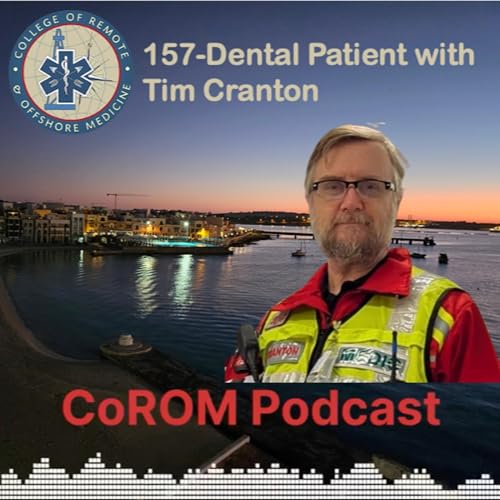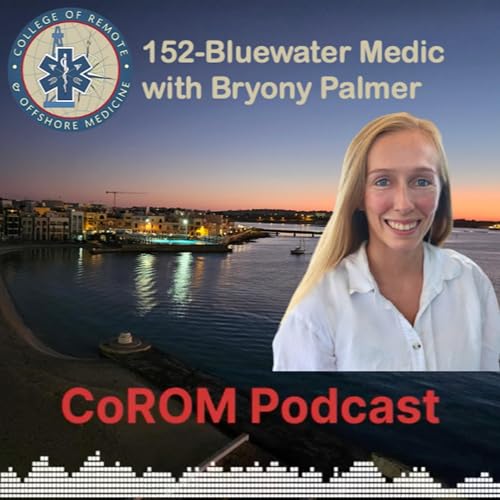This week, we have another presentation from the Medicine in the Mediterranean conference from January 2025. Dr Matt Moront is a pediatric surgeon who provides an in-depth exploration of pediatric trauma care, emphasising the unique anatomical and physiological differences in children compared to adults. The speaker discusses common pediatric injuries, particularly in urban settings, and highlights the importance of airway management, weight estimation for medication dosing, and recognising signs of shock. Techniques for intubation and intravenous access in children are also covered, along with concerns regarding radiation exposure in pediatric imaging. The session concludes with key takeaways for healthcare providers working with pediatric patients.
Takeaways
Airway management is critical in pediatric patients.
Children are not just smaller adults; they have unique anatomical differences.
Most pediatric trauma cases involve motor vehicle accidents and falls.
Weight estimation is crucial for medication dosing in children.
Children can maintain blood pressure until a significant volume of blood is lost.
Intubation in children requires specific techniques and considerations.
Radiation exposure in children should be minimised due to their sensitivity.
Pediatric patients often present differently than adults in shock situations.
Using the right size equipment is essential for pediatric care.
Clinical indicators of shock in children are often visual rather than reliant on technology.
Chapters
00:00 Introduction to Pediatric Trauma Care
02:40 Understanding Pediatric Injuries in Urban Settings
05:23 Anatomical and Physiological Differences in Children
08:34 Airway Management in Pediatric Patients
11:21 Weight Estimation and Medication Dosing for Children
14:12 Assessing Pediatric Vital Signs and Shock Indicators
16:54 Intubation Techniques and Considerations for Children
20:08 Practical Tips for Pediatric Emergency Care
25:55 Intubation Techniques for Pediatric Patients
29:00 Medications in Pediatric Intubation
33:57 IV Access in Children
40:00 Radiation Considerations in Pediatric Care
 Sep 5 202533 min
Sep 5 202533 min Aug 29 202540 min
Aug 29 202540 min Aug 22 202541 min
Aug 22 202541 min Aug 15 202547 min
Aug 15 202547 min Aug 8 202544 min
Aug 8 202544 min Aug 1 202543 min
Aug 1 202543 min 17 min
17 min Jul 18 202542 min
Jul 18 202542 min
